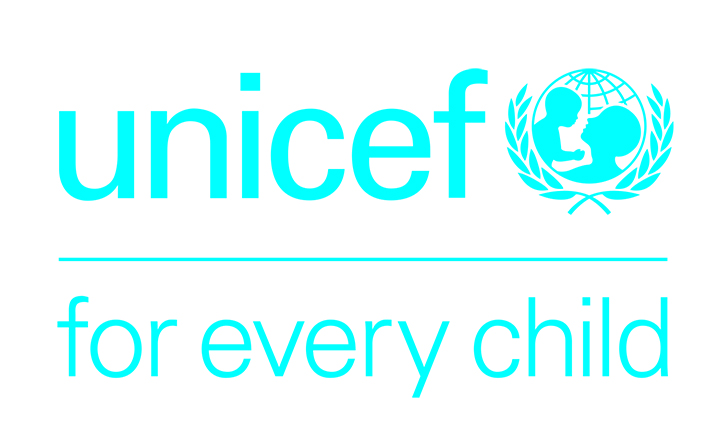In October 2021, thanks to UNICEF funding, COOPI activated the project "Strengthening disaster preparedness and adaptive response capacities of rural communities in Chikwawa and Nsanje", with a special focus on the significant involvement of women and youth, among the most vulnerable.
Considering COOPI's extensive experience in community-based early warning systems, the activities carried out aim at strengthening the disaster risk management capacity of district authorities for early action, and support the effective integration of climate change adaptation tools and methodologies into the planning processes of social sectors. The result is to bring about a paradigm shift towards risk-informed sustainable development planning and, in this way, ensure that hard-won development goals are safeguarded.
On 24 January 2022, after hitting Madagascar and Mozambique, Tropical Storm Ana made landfall in southern Malawi, bringing torrential rains, high winds and large-scale flooding and leaving destruction in its wake. The districts of Chikwawa and Nsanje were the worst affected, with over 460,000 people severely affected and, of these, over 73,000 are displaced and currently seeking shelter in 87 camps (according to 5th February 2022).
COOPI is supporting the response from the first hours with emergency operations such as distribution of non-food supplies (blankets, boots, mosquito nets, etc.) and water purification, technical support and facilitation of communication from the district to national levels.
